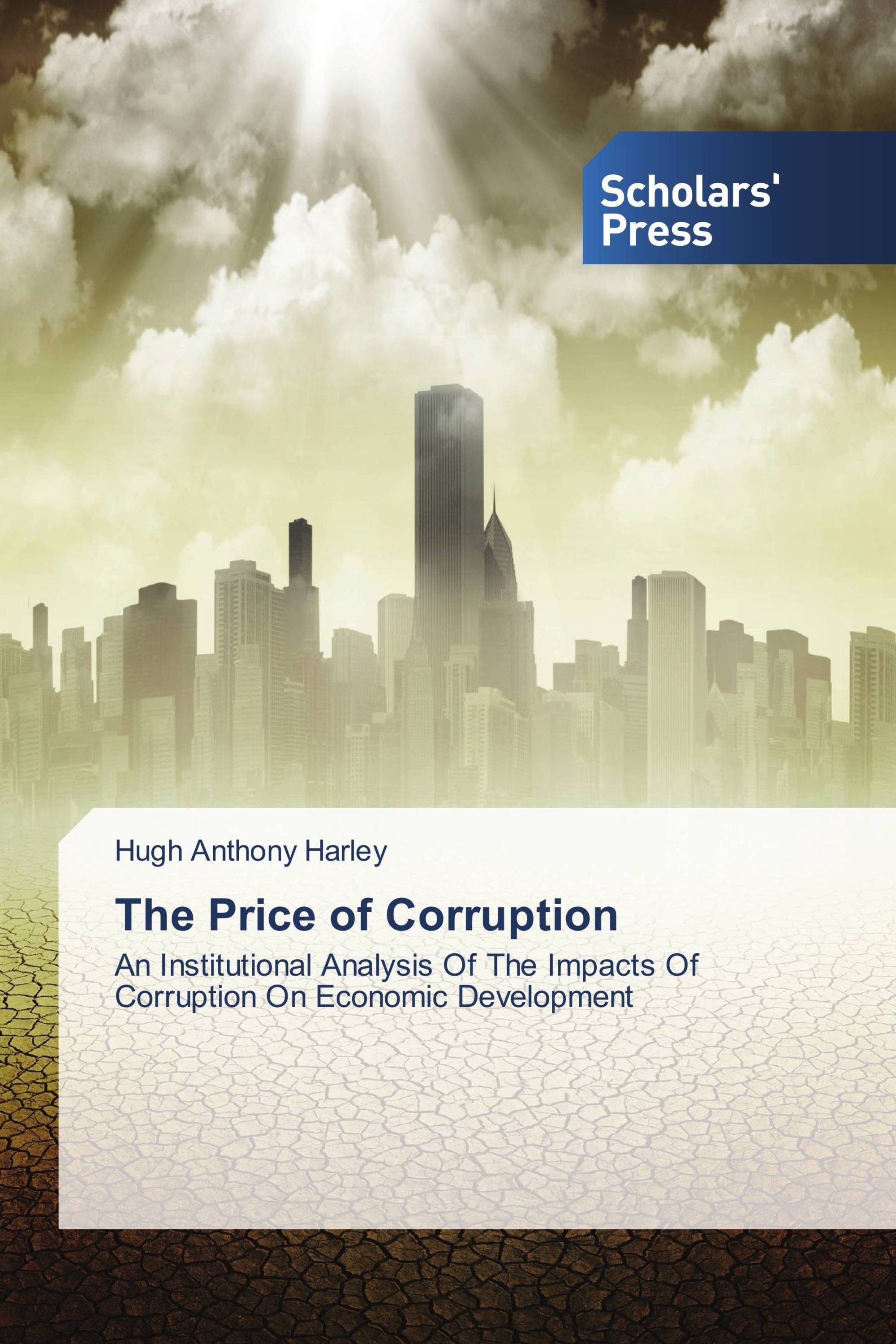The Price of Corruption
An Institutional Analysis Of The Impacts Of Corruption On Economic Development
€ 43,90
This study of corruption applies an empirical test to the institutional theory developed by Andrei Shleifer and Robert Vishny (1993). That allows public officials, when providing a bundle of governmental goods, to act as a monopolist and can organize themselves in three distinct forms of organizations thus inflicting a wide array of corruption levels and consequently diverse impacts on Economic Development. After analyzing the impact of corruption on economic growth using the methodologies employed in the relevant literature, I found empirical support for both the “grease of the wheel” and “economic cancer” arguments in my analysis. And what will determine the type, level and general impact of corruption on a society is precisely its own governing institutional framework (as per determined by Douglas North). Although the author does not condone, approve or support any corruption activities, the most curious empirical support found on this study was not that excessive corruption is corrosive for the development of a society and economic development. But that the cost involved on spending excessively in controlling corruption, far outweigh its achieved benefits.
Book Details: |
|
|
ISBN-13: |
978-3-639-51757-6 |
|
ISBN-10: |
3639517571 |
|
EAN: |
9783639517576 |
|
Book language: |
English |
|
By (author) : |
Hugh Anthony Harley |
|
Number of pages: |
176 |
|
Published on: |
2013-09-06 |
|
Category: |
Politics and economics |
